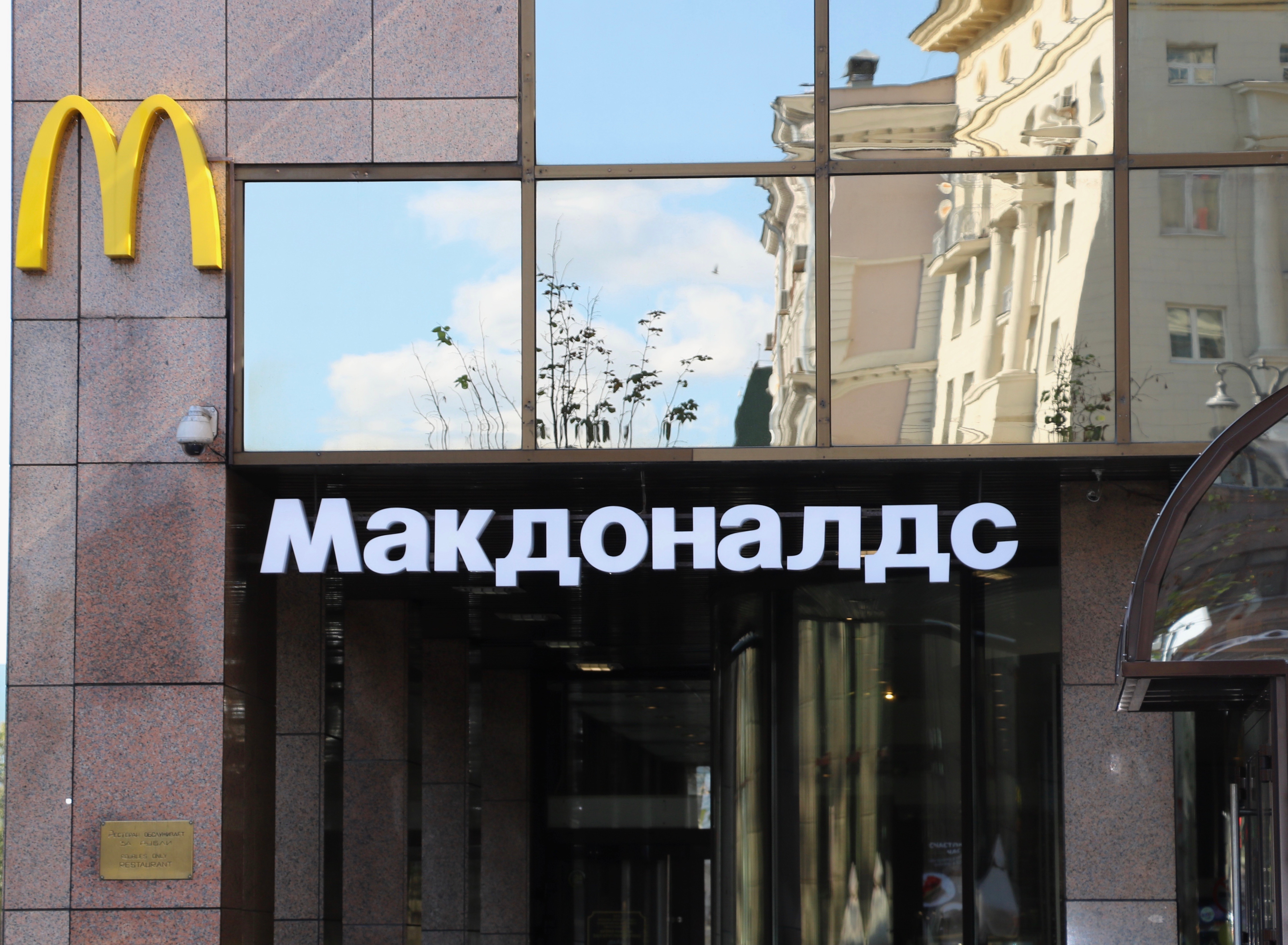McDonald’s Exit from Russia Latest in Defections from Country
McDonald’s, the world’s largest fast-food chain, announced its decision to shut-down its business operations in Russia, ending a decades long presence in the country. The Chicago based burger giant is selling its 850 restaurants and the company is currently engaged in seeking buyers for all locations and for the 62,000 employees in Russia. The move from McDonald’s management to pull out of the country comes belatedly as many companies announced their exit at the onset of the war with Ukraine in February.
The company was one of the first Western chains to open a restaurant in Russia around the collapse of the Soviet Union, setting up shop in Moscow’s Pushkin Square in 1990. The company’s brand had an iconic presence in the country and served as a testing ground for further expansions into other former Soviet bloc countries in Eastern Europe.
In the decision to pull out, CEO Chris Kempczinski noted that “McDonald’s and Russia have become so intertwined that it seems impossible to imagine one without the other.” Despite this association between the two, the unprecedented conflict in Europe, the first major war in the continent since World War II, has pushed companies to abandon the country in spite of the economic and financial costs. BP, for example, took a $25.5 billion impairment in its first quarter after deciding to write-down the value of its investments in Russia.
McDonald’s management expects the write-off to cost approximately $1.3 billion based on the decision to shutter stores. In addition to closing operations, the CEO also indicated his desire to remove the McDonald’s branding, or “de-arch”, from the country entirely. The company did announce temporary closures of its stores in early March, a decision that cost the company $55 million in monthly cash-flows and $100 million in lost current inventory.
McDonald’s has also closed over 100 storefronts in Ukraine but continues to pay employees in both countries. Management noted that it still expects to add roughly 1,300 restaurants worldwide. Pre-war, Russia and Ukraine contributed roughly 9% of the company’s revenue and 2.7% of operating income. The gap will have to be filled through expansions in other countries.
This content is provided for general information purposes only and is not to be taken as investment advice nor as a recommendation for any security, investment strategy or investment account.

